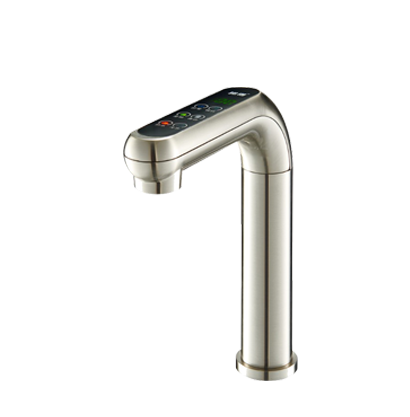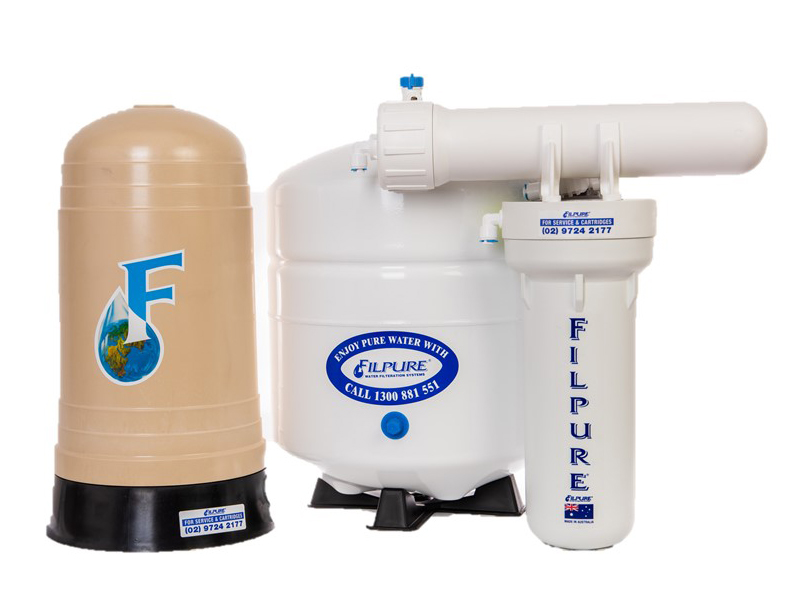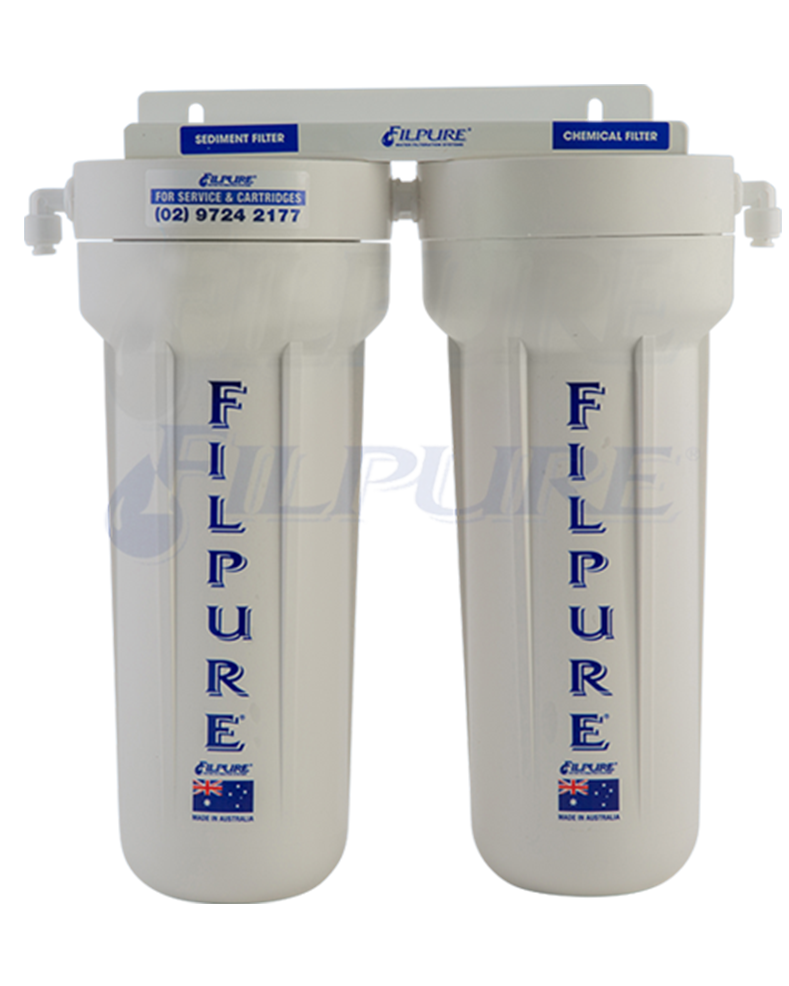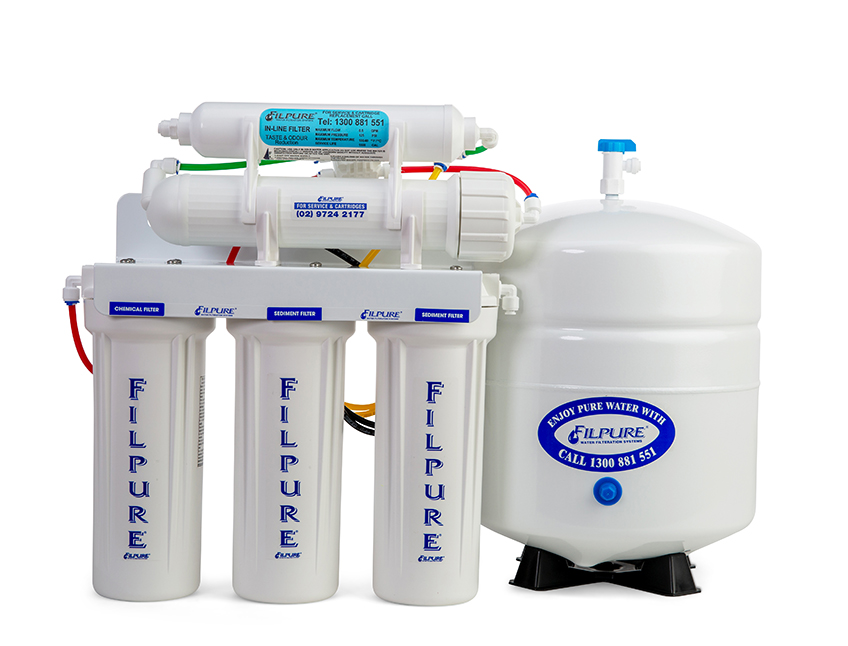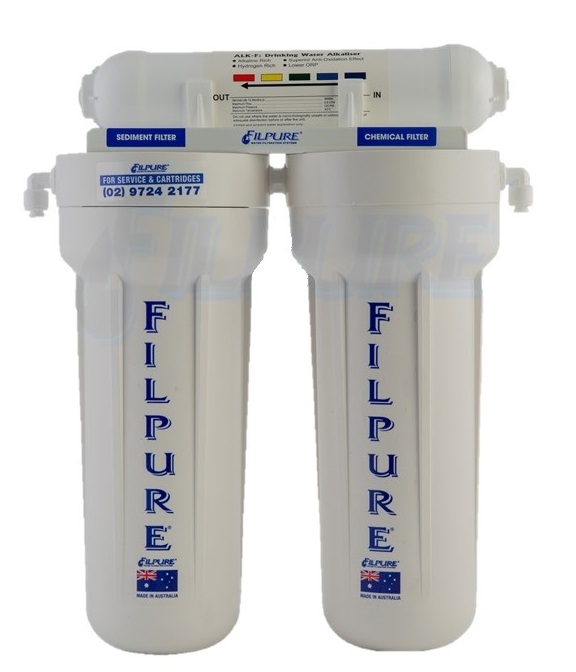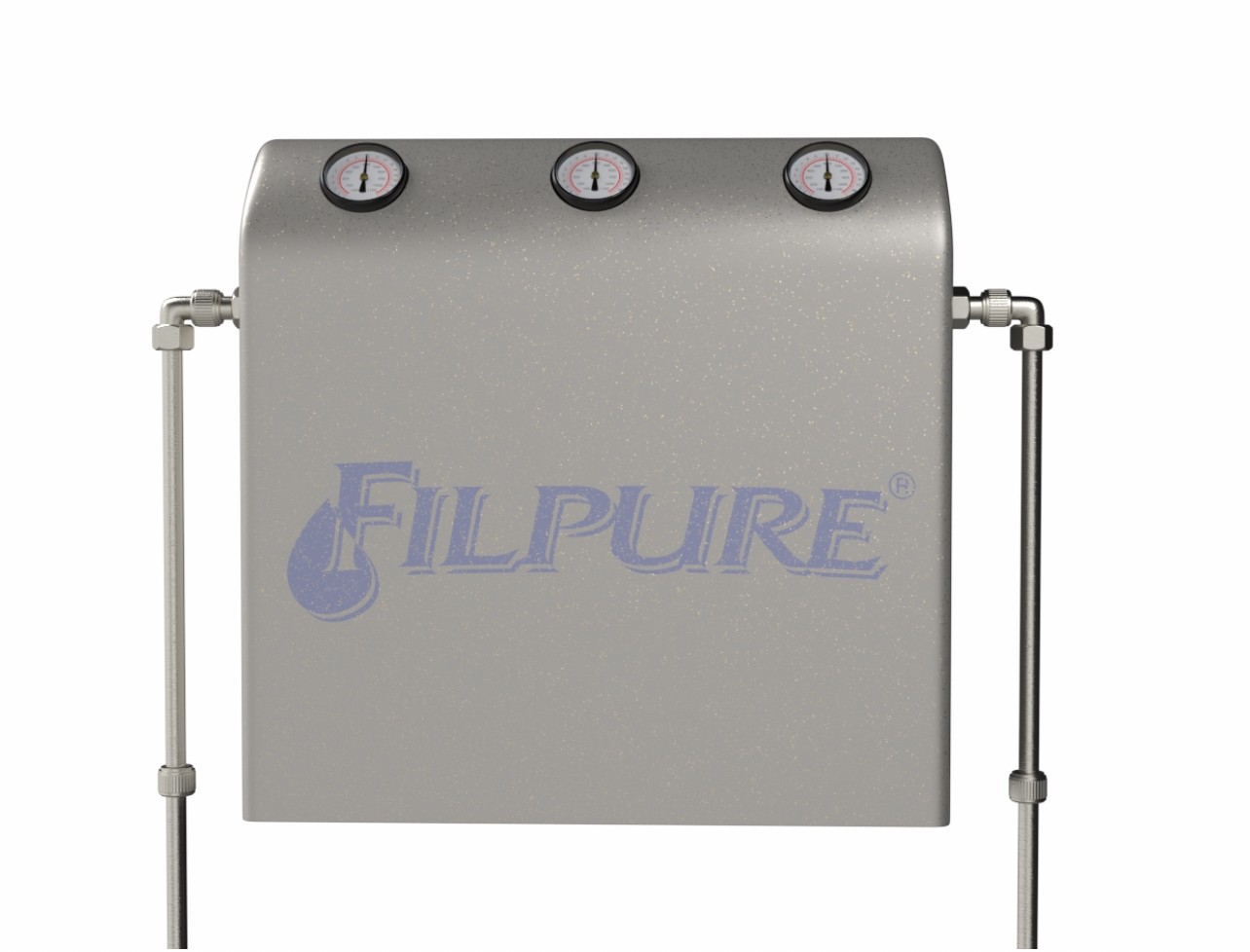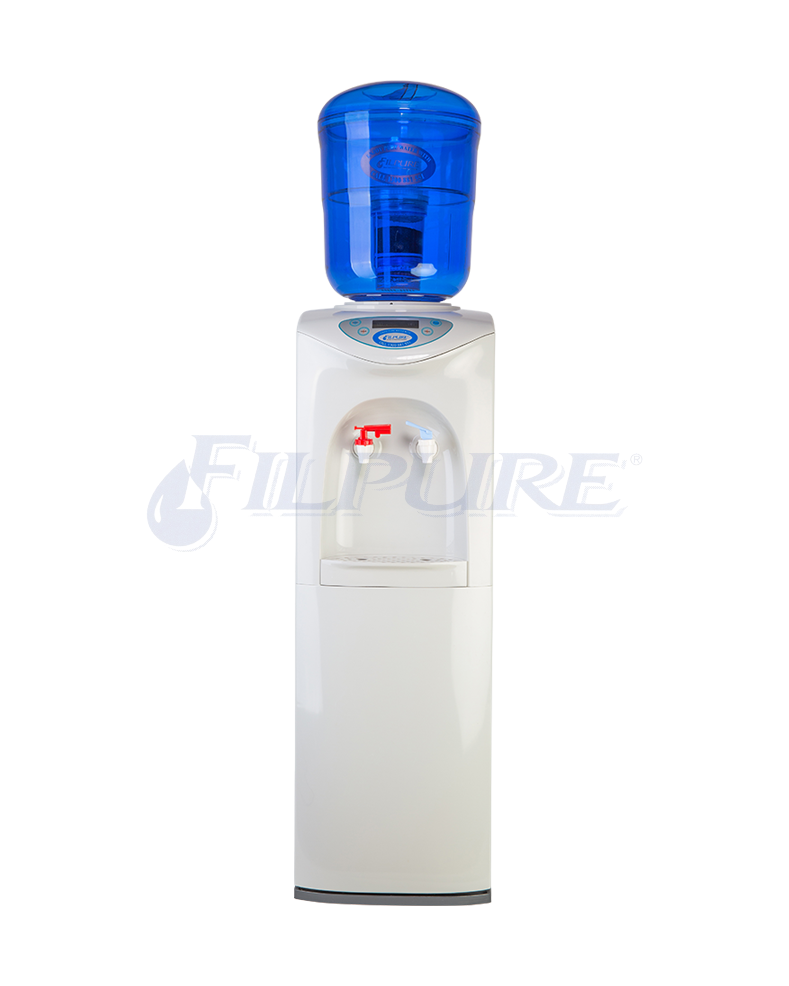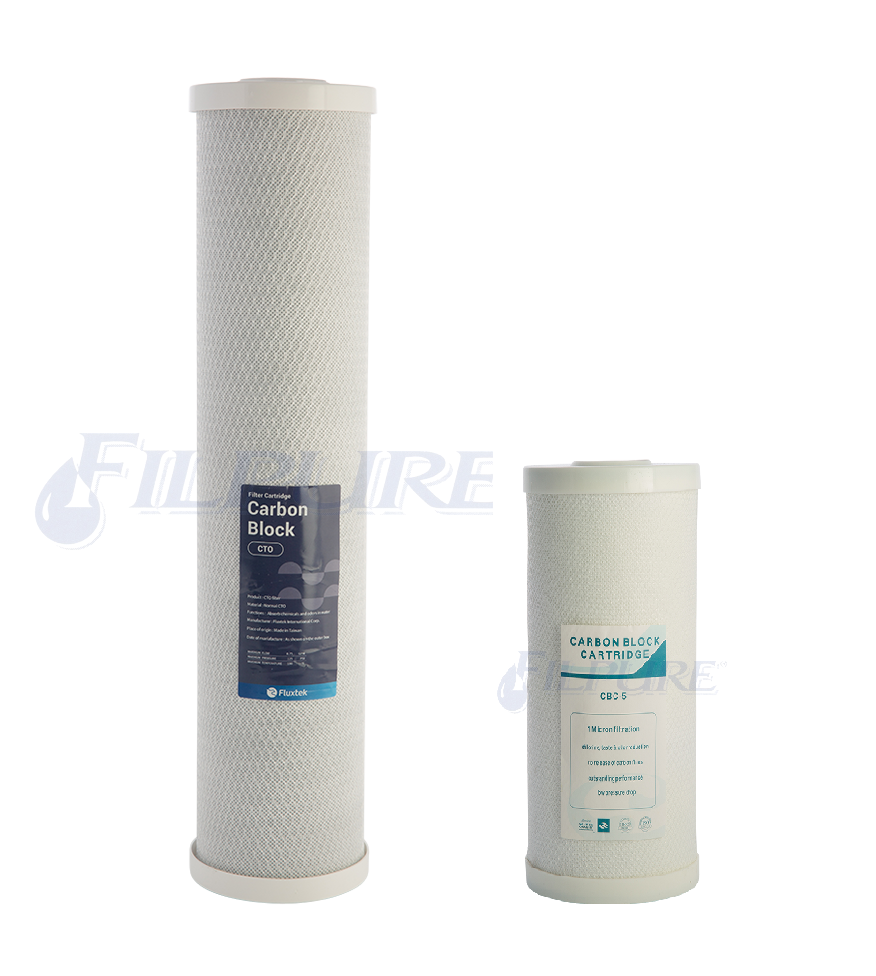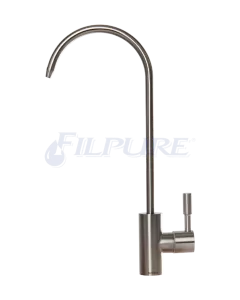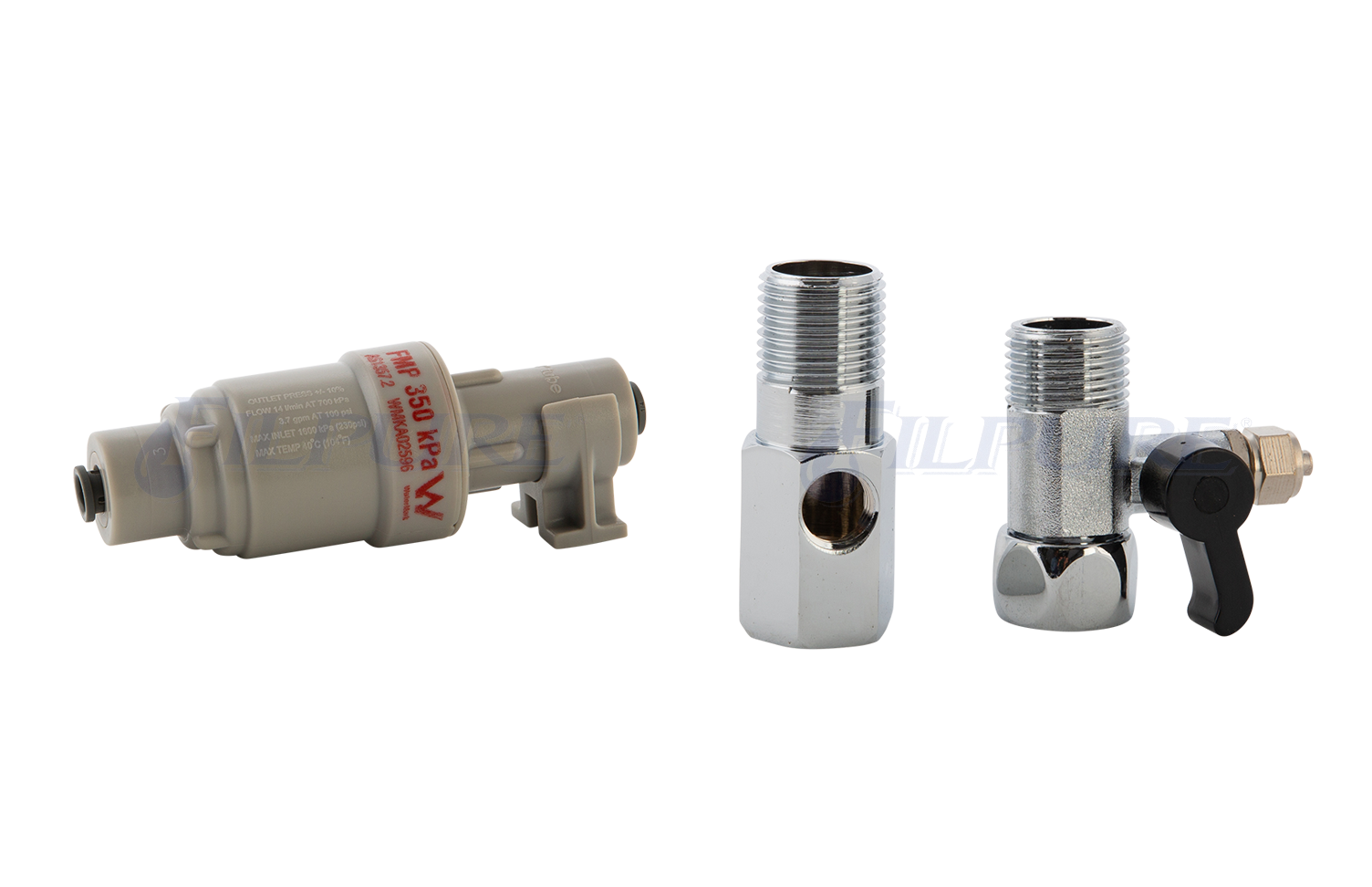Is Distilled Water the Same as Filtered Water?
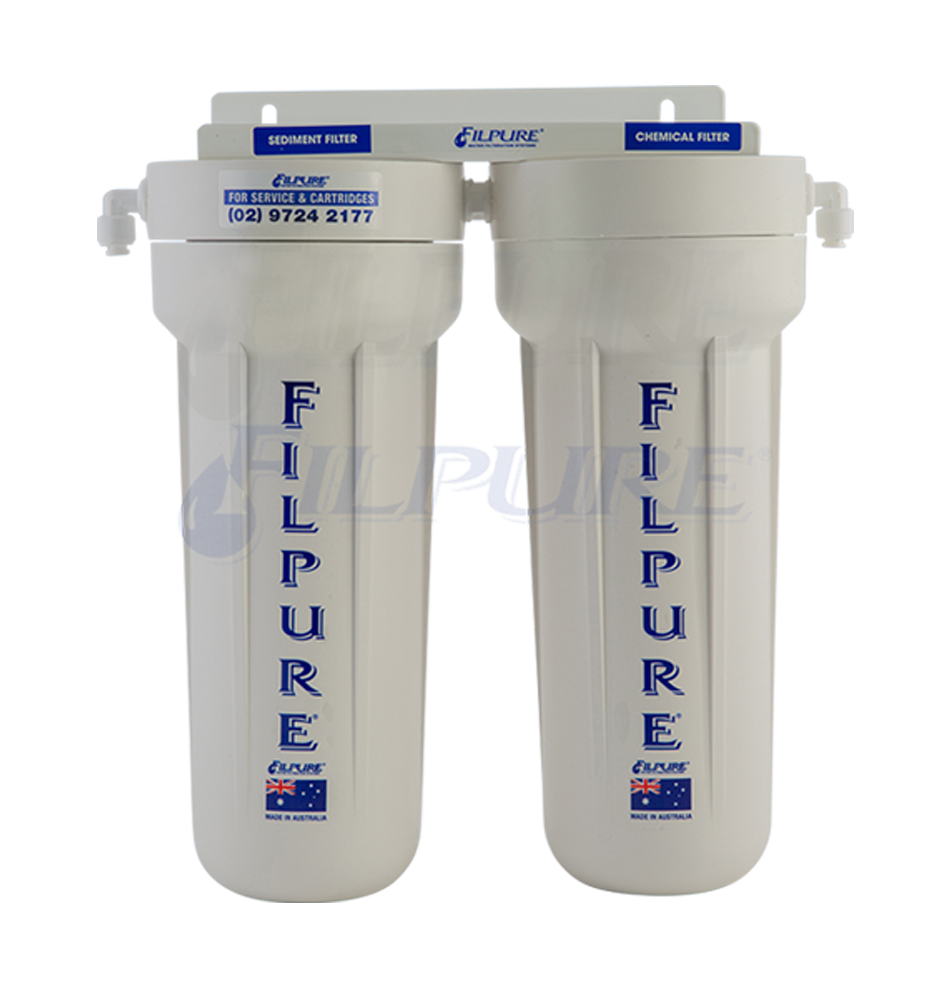
When deciding between distilled and filtered water, understanding their differences is important. Both are known for being among the purest options available, but each goes through a unique process to remove impurities like minerals, bacteria, and chemicals. These methods ensure water meets the quality needed for both health and everyday use.
From personal experience, I think the right option depends on factors like budget, applications, and even household needs. Below is a detailed comparison and result which water is best to use:
ARE THEY THE SAME?
When it comes to distilled and filtered water, many people think they are the same, but they are fundamentally different in how they are made and what they offer.
Distilled Water
Distillation involves boiling water to create steam, which is then condensed back into liquid form. This process helps to achieve high levels of purity by removing the majority of dangerous pollutants. However, distilled water lacks beneficial minerals that are naturally found in regular water, making it less ideal for drinking long-term.
Filtered Water
Filtration uses specialized procedures to trap and eliminate pollutants, such as chlorine and heavy metals, while keeping those essential minerals intact. Based on my own research, a good filtration system is often a better choice for daily use, as it provides clean water that still contains the nutrients your body needs. While both methods are effective, their end results serve different purposes depending on your priorities.
Comparison Table For Distilled And Filtered Water:
| Feature | Distilled Water | Filtered Water |
| Purification Process | Boiling and condensation | Passing through filters |
| Mineral Content | None, minerals are removed | Retains beneficial minerals |
| Taste | Flat, due to lack of minerals | Better, due to presence of minerals |
| Uses | Medical devices, humidifiers, industrial use | Drinking, cooking, general household use |
| Removes | Bacteria, viruses, chemicals, heavy metals | Chlorine, lead, pesticides (varies by filter) |
| Cost | Generally higher due to energy-intensive process | Varies, depending on filtration system |
| Environmental Impact | High energy consumption | Lower, especially with reusable filter systems |
| Health Benefits | Pure, but lacks minerals necessary for health | Balances purity with essential mineral content |
Our Recommendation
For everyday drinking and cooking, filtered water is generally the better choice as it retains essential minerals that are beneficial for health and provides a more pleasant taste. Distilled water, while extremely pure, is better suited for specific applications like medical devices and humidifiers where mineral content can cause issues.
How Distilled Water Affects Your Body

Distilled water undergoes a process of removing contaminants, bacteria, and particles. This results in water that is almost entirely free from debris and any unhealthy substances. While this process can leave the water clear, it also means that it lacks essential nutrients like potassium, magnesium, and other healthy nutrients the body requires. The lack of these minerals can affect the body’s needs, potentially leading to an imbalance in the long term.
Some people may find that distilled water doesn’t hydrate as effectively due to its lack of important minerals. Drinking water that is complete with the right balance of H₂O and healthy nutrients like chloride can be more beneficial for overall health, as it helps the body absorb and retain water more effectively. So, while distilled water is incredibly clean, it may not always be the best choice for everyone, depending on their specific hydration needs.
FAQs
Filtered water passes through a filter to remove impurities like chlorine, sediment, and certain metals, but retains essential minerals. Distilled water undergoes a process of boiling and condensation, removing all minerals and contaminants, resulting in pure H₂O.
Filtered water is generally better for drinking as it retains essential minerals beneficial for health and taste. Distilled water, lacking these minerals, is more suitable for specific uses like medical equipment or laboratory purposes.
It depends on the appliance. For example, filtered water is fine for coffee makers or kettles, but distilled water is recommended for appliances like irons or CPAP machines to prevent mineral buildup.
Yes, filtered water usually tastes better due to the presence of natural minerals that enhance flavor, whereas distilled water can taste flat or bland.
Conclusion
Both distilled and filtered water provide clean and safe options, but they cater to different needs. Distilled water is excellent for specialized uses where purity is critical, such as medical equipment, but it lacks the minerals our bodies need for hydration. On the other hand, filtered water retains essential minerals, making it a better choice for everyday drinking and overall health. Ultimately, the choice between distilled and filtered water depends on your specific requirements and lifestyle preferences. Whether you prioritize complete purity or the retention of natural minerals, both options can ensure you have safe drinking water.

